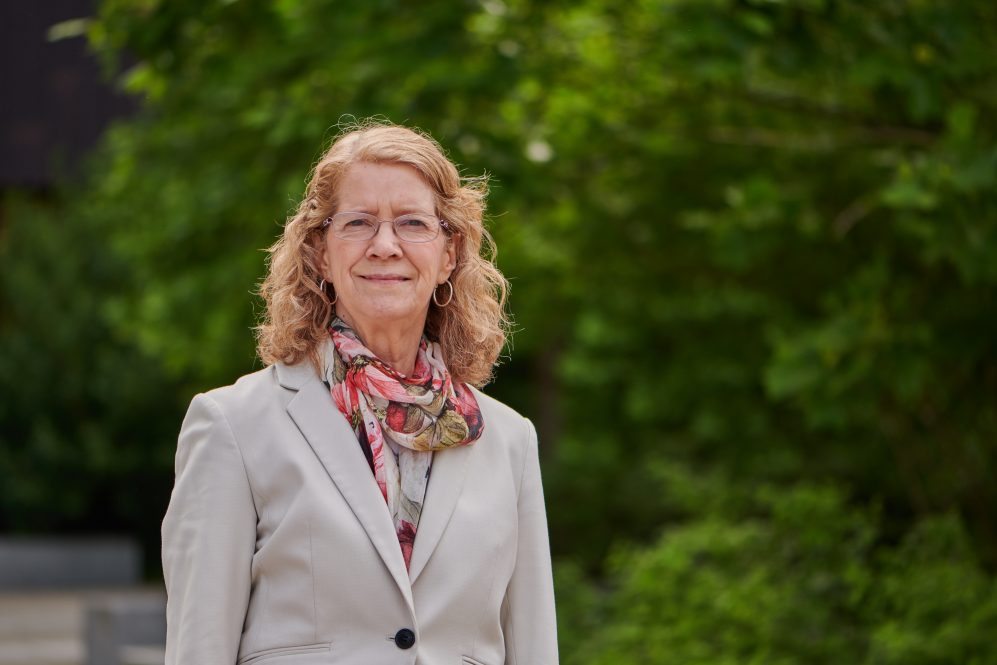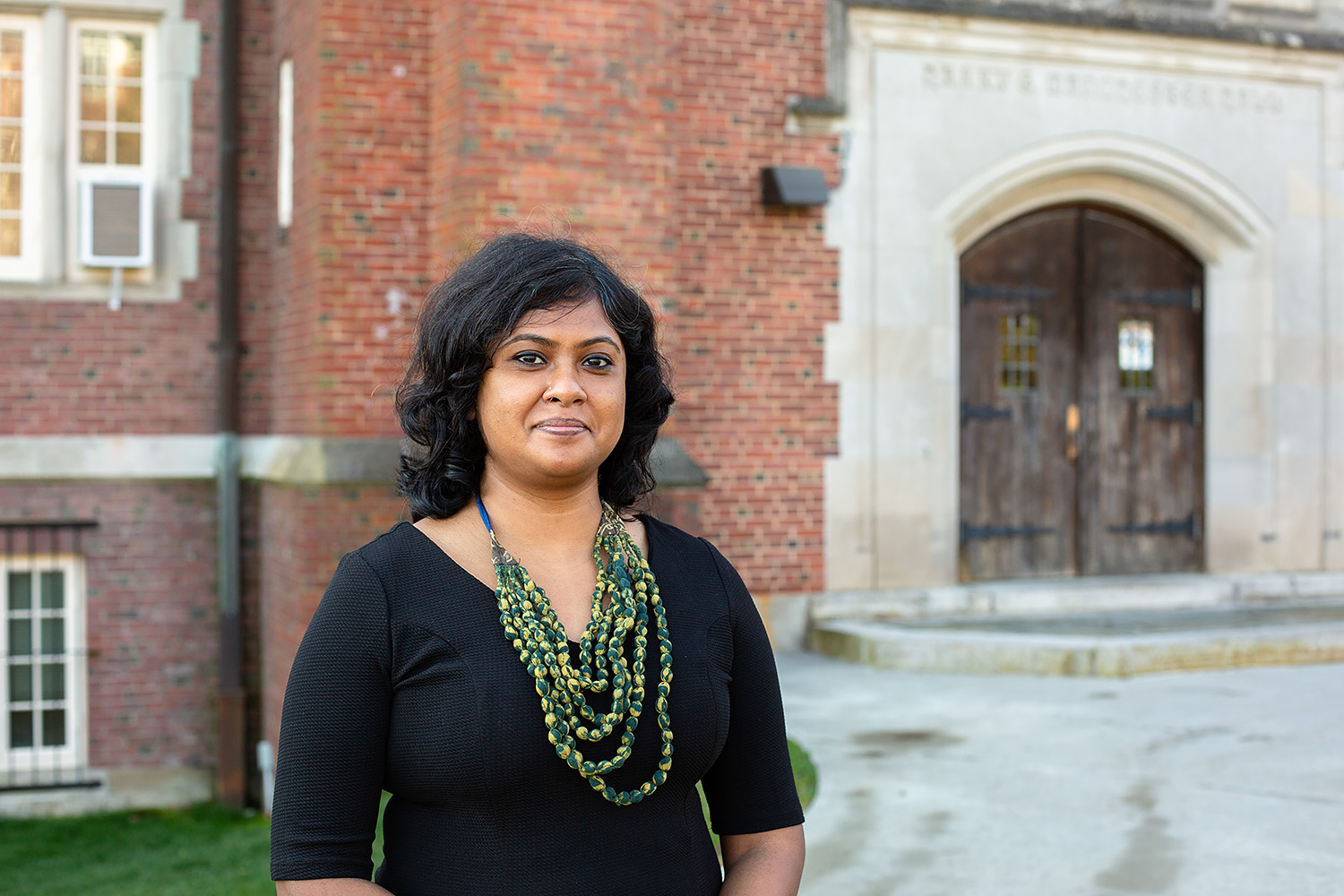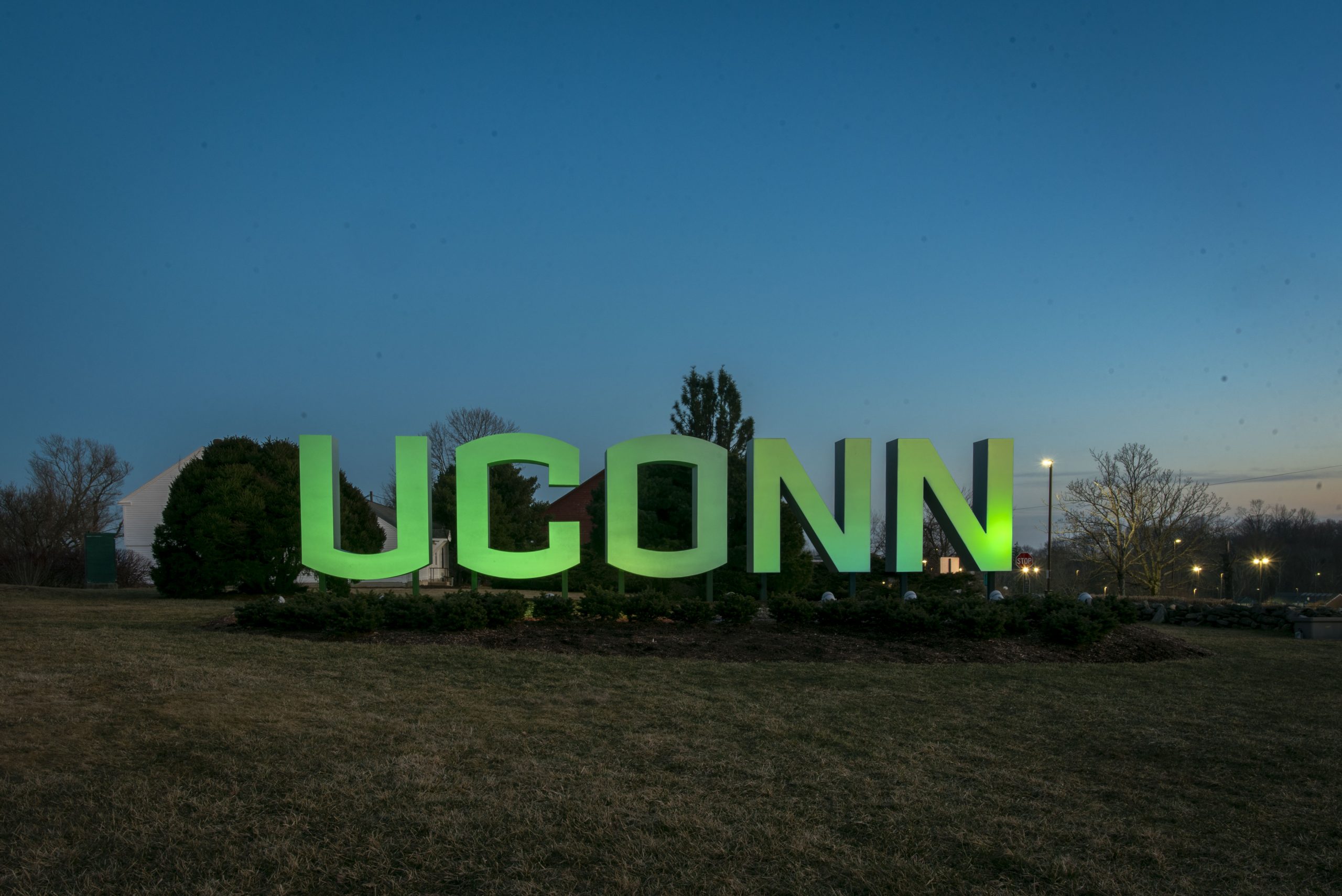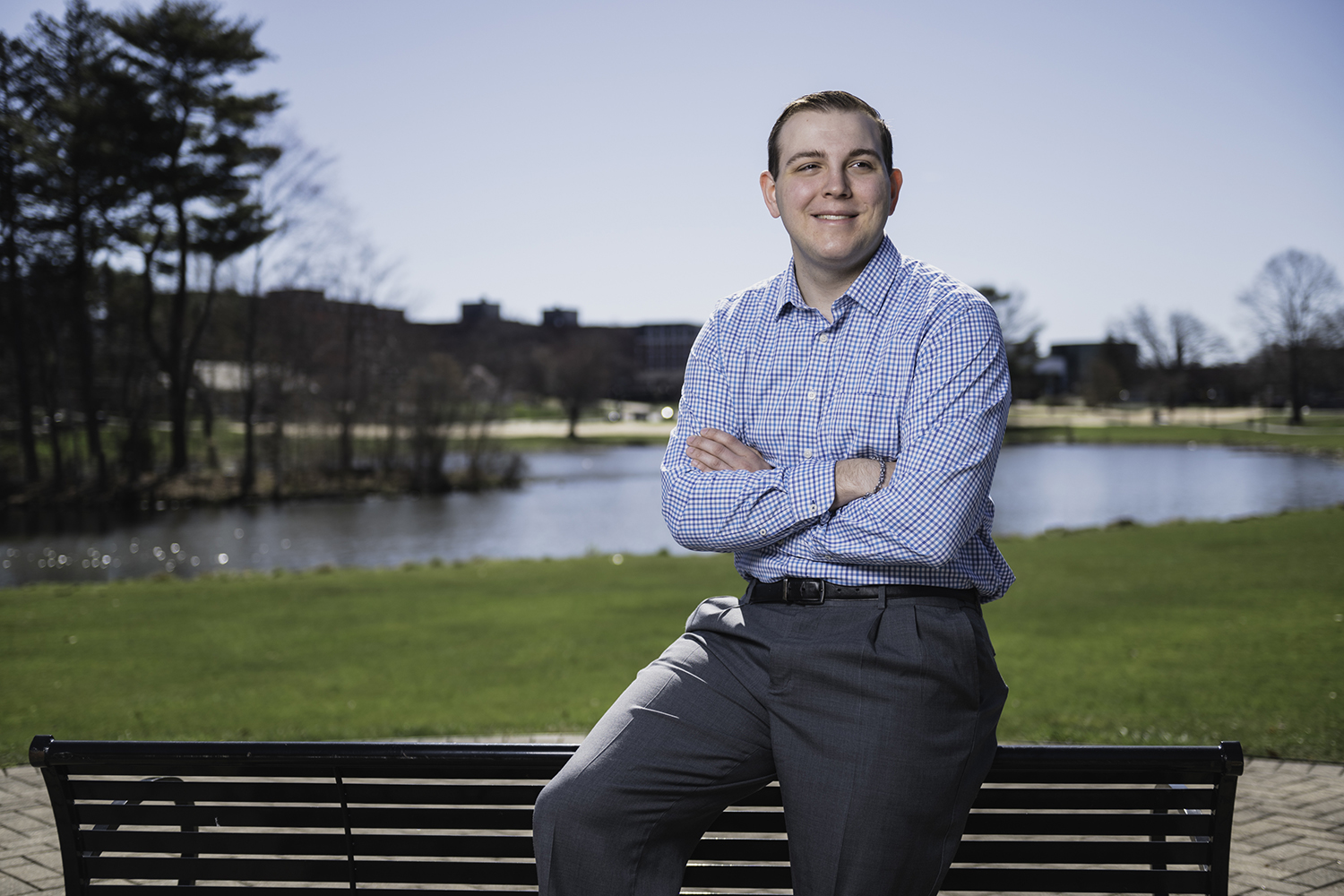UConn professor of economics Kathy Segerson has been elected as a member of the prestigious National Academy of Sciences (NAS).
Established by an Act of Congress, which was signed into law by President Abraham Lincoln in 1863, the NAS is charged with providing independent, objective advice to the nation on matters related to science and technology. Scientists are elected by their peers to membership in the NAS for outstanding contributions to research.
“It came as an incredible honor to be elected to the academy, and it is a recognition that most people never expect to get, including me,” says Segerson. “I am very thankful that the Academy thought enough of me for my election and I hope it reflects well upon the University.”
Segerson has served as the associate dean of the graduate school for the past five years, but will return to fulltime teaching and research at the end of the summer as a Board of Trustees Distinguished Professor.
She has served on a number of national and international advisory committees, including eight from the NAS. Among those eight were the Committee to Advise the U.S. Global Change Research Program (2015-21), the Board on Agriculture and National Resources, Earth and Life Sciences (2009-15); and the Committee on Assessing and Valuing the Services of Aquatic and Related Terrestrial Ecosystems (2002-04).
“I am an environmental economist, so most of the work I have done with the academy has been in the environmental area,” says Segerson. “These committees have been interdisciplinary. Typically, there would not have been economists on these types of groups, but mostly people from the biophysical sciences. Increasingly, there has been a recognition that addressing environmental issues requires an understanding of the role that human behavior plays both in terms of impacting the environment and also the impact of environmental change on human societies.”
Segerson becomes the fourth member of the UConn community to be elected to the NAS, joining Dr. Cato Laurencin, the Chief Executive Officer of The Connecticut Convergence Institute for Translation in Regenerative Engineering at UConn Health; Laurinda Jaffe, the department chair and professor of cell biology at UConn Health; and Dr. Se-Jin Lee, the Presidential Distinguished Professor in the Department of Genetics and Genome Sciences at UConn Health, who holds a joint faculty appointment with The Jackson Laboratory for Genomic Medicine.
“Kathy Segerson is internationally recognized for her diverse and insightful contributions to environmental economics,” says Vice Provost for Graduate Education and Dean of the Graduate School Kent Holsinger. “From her early work on incentives for pollution control through more recent work on valuing ecosystem services, Kathy combines keen economic insight with a deep appreciation for the environmental and policy context in which economic principles are applied. Kathy is not only a pre-eminent scholar, but an exemplary University citizen.”
Segerson is also a member of the Board of Directors of the Beijer Institute for Ecological Economics in Stockholm, an international research institute for global sustainability under the auspices of the Royal Swedish Academy of Sciences.
“I am interested in addressing environmental issues and concerns like climate change, water and plastic pollution, and toxic chemicals,” says Segerson. “There is a technical side to that, which is how we can feasibly reduce these levels, but the other side is that, even if we know how to do it, how do we get people to respond? It is really on an individual level as well as a policy level, which is where most of my work has been.
“We are trying to design policies that will create incentives for people to reduce emissions and protect the environment. That goes not only for individuals, but for companies as well. We are seeing companies making the commitment to try to reduce their environmental footprint, and we have to make sure they have an incentive to follow through on those commitments.”
Segerson recently became a grandmother, and thinks about what the world will be like for her granddaughter 50 years from now.
“Many people think that economics is the problem, because they believe companies are pursuing profits and that profit motive leads to environmental degradation,” says Segerson. “That is true to a large extent, so from my perspective, I think about how economics can be part of the solution. There’s a lot of good that corporations can do, but they have to have incentives not only to consider the bottom line, but more broadly how it affects society as a whole. I view that as the role of government policy and regulation. We need to nudge the economy and the corporations within the economy in the direction of incorporating not just profit into their decision making, but also the environmental impact their activities are having.”



